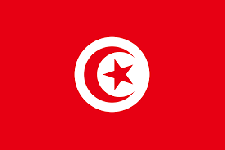ABOUT US




Only a low fraction of the available maize diversity is currently used in breeding programs. DROMAMED plans to rescue that unused germplasm to implement Innovative Farming Systems (IFS) in order to achieve sustainability by using agronomic practices that optimize inputs.
Period of Implementation
Jun 1, 2021 - Nov 30, 2024
Total Budget
EUR
2,027,033.52

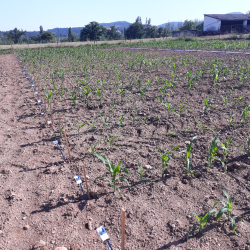



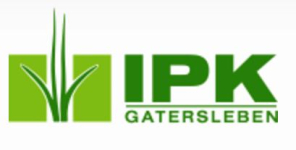
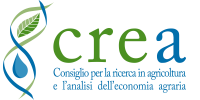
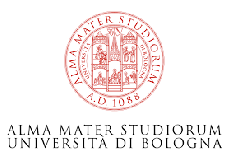

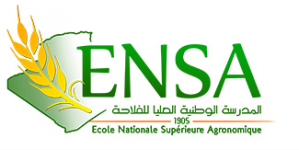
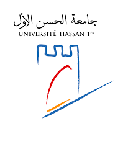


.jpg)




